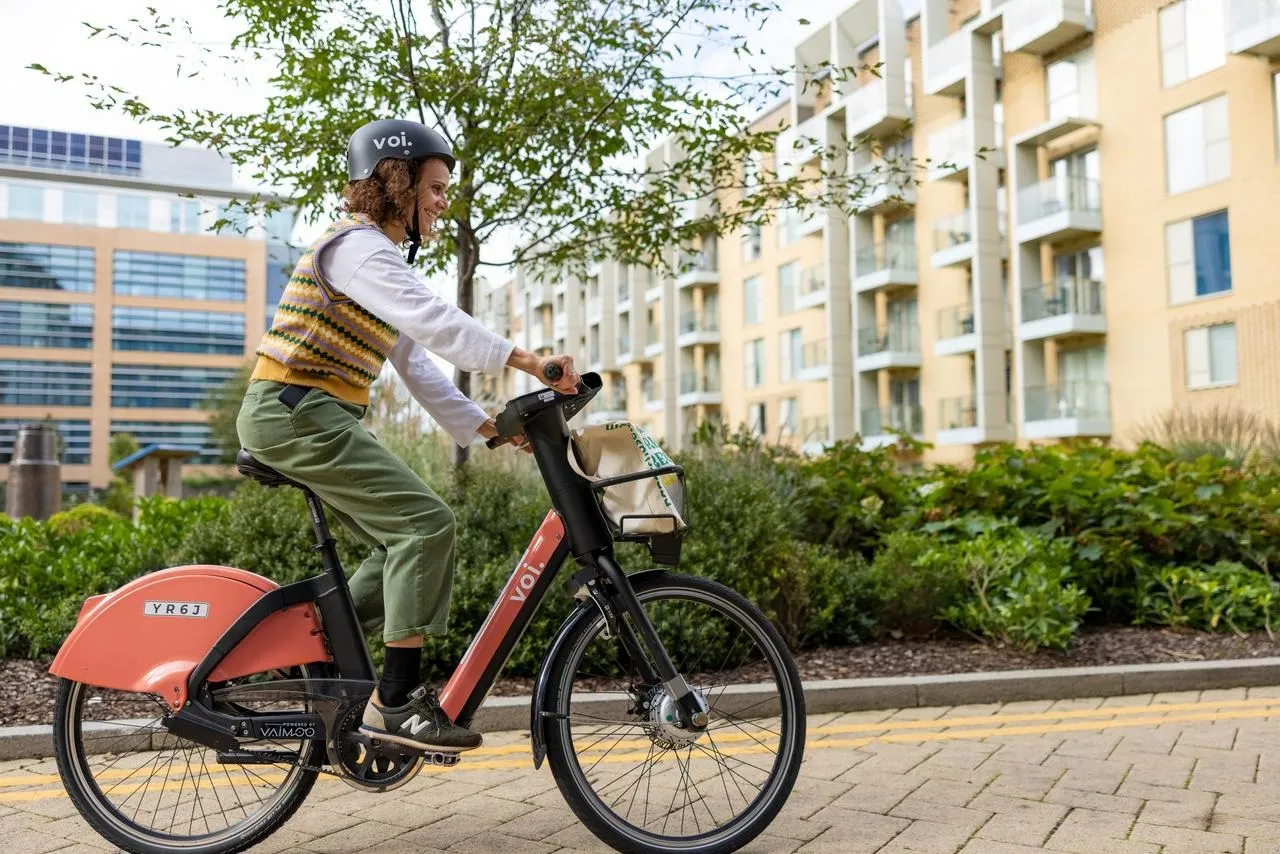Drivers in the UK, US and Germany spend billions searching and paying for parking spaces and paying for more time than they need to avoid a penalty charge, according to a new study by
The study was based on data from the Inrix Parking database of and survey responses from nearly 18,000 drivers in the US, UK and Germany.
The study found that UK drivers spend an average of 44 hours a year searching for parking, at a cost of £733 (US$948) each in wasted time, fuel and emissions. They overpay for parking to the tune of an estimated £6.7 billion (US$8.6 billion) a year or £209 (US$270) per driver; UK drivers also pay £1.2 billion (US$1.5 billion) annually in parking fines.
Americans spend an average of 17 hours per year searching for parking, resulting in a cost of US$345 per driver in wasted time, fuel and emissions, says the survey. Over-paying for parking costs American drivers more than US$20 billion a year, or US$97 per driver.
In Germany, motorists pay 98 Euros (US$112) more than needed for their parking, to avoid an average 8 Euros m (US$9) in parking fines. Germans waste an average 896 Euros (US$1,000) a year hunting for places, the study found.
Dr Graham Cookson, chief economist, Inrix, says, “To lessen the significant burden parking pain has on our economy and lives, smart parking solutions are available for drivers, parking operators and cities to help reduce search times, congestion and pollution as well as negate overpaying and fines altogether. Still, more needs to be done to drive adoption. Parking pain will only get worse until technology is fully embraced.”
Drivers waste billions searching for parking
Drivers in the UK, US and Germany spend billions searching and paying for parking spaces and paying for more time than they need to avoid a penalty charge, according to a new study by Inrix.
July 13, 2017
Read time: 2 mins







